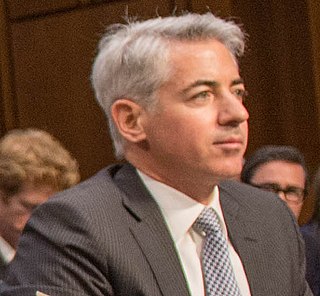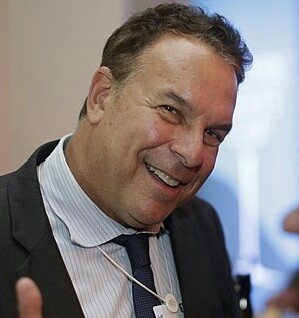A Quote by Bill Ackman
Preserving the 30-year prepayable fixed-rate mortgage - it's like the bedrock of the housing system - is critical.
Related Quotes
We need to remake and reinvent our housing system so that it supports the flexibility and mobility of our economic system broadly. Home-ownership is rewarded by the federal tax code, which made great sense when that piece of the American Dream, and all the consumption that came with it, was essential to rebuilding the economy. These days, however, it feels like a huge penalty to people who want to travel light within the new mobile economy without a mortgage to hold them back.
With the frenzied pace in our own country, with the degenerating school system, with a crime rate that rises 30% a year, and with politicians that seem more interested in posturing than in governing, it has become more difficult, or should I say challenging, to achieve that inner symbiosis with life.
Already, new forms of short-term and long-term rental housing are popping up in some metro areas. You can take on a house or apartment for a few months or even a year or two in developments that are striving to provide critical elements of community - schools, healthcare, social and cultural institutions - even for people who are living there only temporarily. People invested in a home, mortgage, or community are less likely to move to more economically vibrant locales. That kind of entrenchment is going to be an impediment to the coming spatial fix.

































